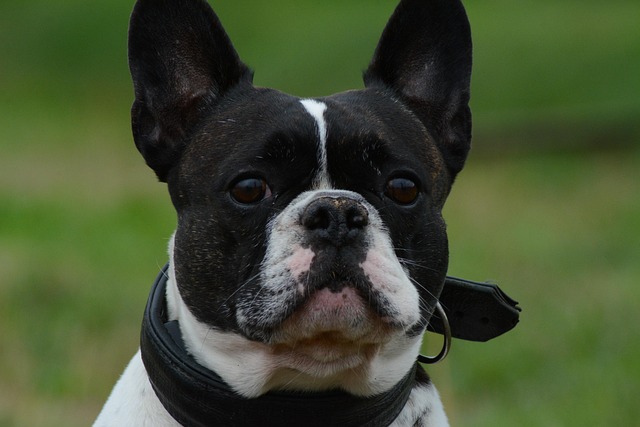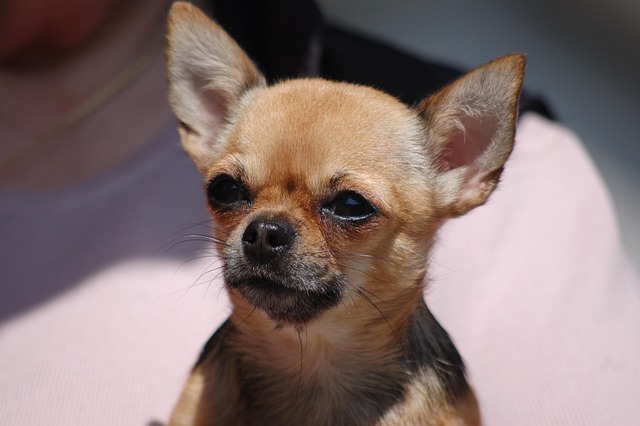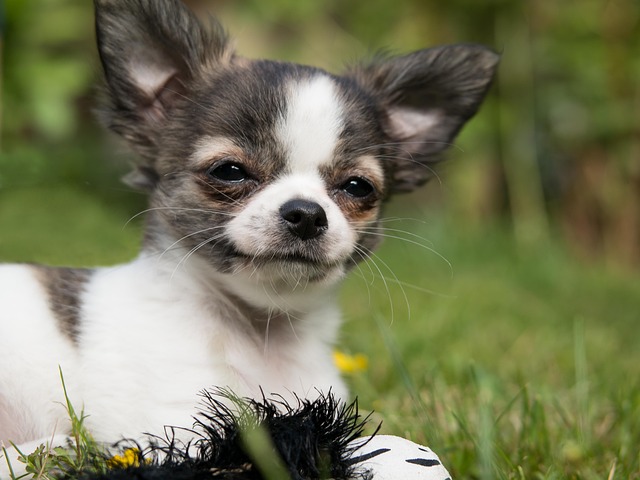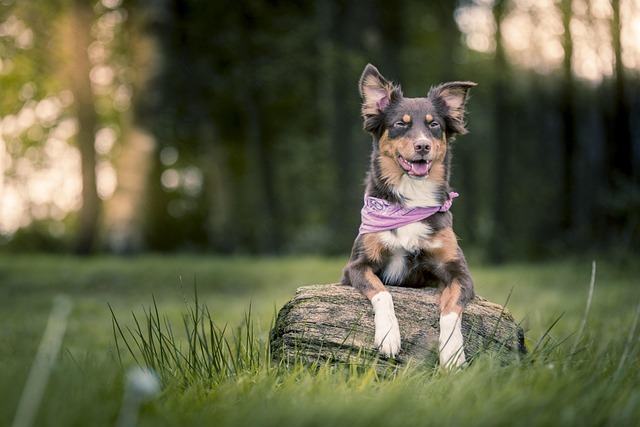
How to train a dog to bite back?
Training a dog to have defensive biting ability is not merely about releasing its attack instincts. Instead, it is based on a high level of trust between humans and dogs.
Dogs pooping in the same place at home not only gives the owner a headache, but also affects the home environment. To solve this problem, we need to start from the dog's behavioral habits and psychological needs, and use scientific and warm methods to guide. The following article will take you to explore effective ways to solve the dog's defecation problem.
From a biological point of view, the habit of dogs' defecation is closely related to their instincts. In the wild, the ancestors of dogs would mark their territory by defecation to convey information to other dogs. Even now that dogs have become pets, this instinct to mark territory still exists. Therefore, when it defecates in the same place, it may want to use the smell to declare that this area is its "territory". At the same time, dogs have an extremely sensitive sense of smell, and they will remember the places where they have left their smells. Once they defecate in a certain place, the remaining smell is like a "signpost", attracting the dog to return here to defecate again.
From a psychological perspective, dogs may relieve anxiety by defecation in unfamiliar or uneasy environments. For example, puppies who have just arrived at a new home are unfamiliar with everything around them and lack a sense of security, so they are prone to random defecation. In addition, if dogs do not receive enough attention and companionship, they may also use this method to attract the attention of their owners, trying to tell their owners through this behavior: "I need your care."
After understanding the reasons behind the dog's defecation behavior, we can take targeted measures to correct it. First of all, we must thoroughly remove the odor left by the dog's excrement. Ordinary detergents may not be able to completely eliminate the smell that makes dogs "fascinated". At this time, we need to use a special pet deodorant. This deodorant can decompose organic matter in urine and feces and eliminate odors from the root. When cleaning, be sure to carefully wipe the area where the dog defecates, including floor gaps, corners and other places where odors are likely to remain. Only by making the dog unable to smell the previous odor can the chance of it defecating in the same place again be reduced.
 In addition to eliminating odors, it is also crucial to establish regular defecation times and places. Dogs, like humans, have their own biological clocks. Observe your dog's daily habits. Generally speaking, dogs have a greater need to defecate after eating, waking up, and playing. Master these time points and take your dog to a fixed outdoor location to defecate regularly. At the beginning, the dog may not be very adaptable, and the owner needs to be patient. While waiting for the dog to defecate outdoors, do not rush to urge it, but give it enough time and space. When the dog successfully defecates in the designated place, reward it immediately, such as delicious snacks, enthusiastic praise, or gentle caressing. Dogs are very smart animals. They can understand through these positive feedback that defecating in this place will be recognized and rewarded by the owner.
In addition to eliminating odors, it is also crucial to establish regular defecation times and places. Dogs, like humans, have their own biological clocks. Observe your dog's daily habits. Generally speaking, dogs have a greater need to defecate after eating, waking up, and playing. Master these time points and take your dog to a fixed outdoor location to defecate regularly. At the beginning, the dog may not be very adaptable, and the owner needs to be patient. While waiting for the dog to defecate outdoors, do not rush to urge it, but give it enough time and space. When the dog successfully defecates in the designated place, reward it immediately, such as delicious snacks, enthusiastic praise, or gentle caressing. Dogs are very smart animals. They can understand through these positive feedback that defecating in this place will be recognized and rewarded by the owner.
If the dog still defecates in the same place at home, do not beat or scold it. Because beating and scolding will not only fail to solve the problem, but also make the dog fear and anxiety, and may even cause it to choose to defecate in a more hidden place because of fear, increasing the difficulty of solving the problem. When you find that the dog has signs of defecation, such as starting to circle and sniff the ground, gently guide it to the right place. If the guidance fails and the dog has defecated at home, do not punish it, but clean it up silently and pretend that nothing happened. Then continue to guide and train patiently.
In addition, increasing the dog's exercise and interaction time can also improve the defecation problem to a certain extent. Many times, dogs may defecate randomly because they have too much energy and vent it through defecation. Ensure enough time for walking the dog every day, let the dog run and play outdoors to release excess energy. At the same time, you can also play some interactive games with the dog at home, such as playing ball, tug-of-war, etc. This will not only consume the dog's physical strength, but also enhance the relationship between you, let the dog feel your love and attention, and reduce anxiety.
Correcting the dog's habit of defecating in the same place is a process that requires time and patience, and it cannot be achieved overnight. Every progress of the dog, even if it is only a little bit, is worth our joy. When you see that the dog can finally defecate in the designated place, the sense of accomplishment and relief will make all the previous efforts worthwhile. Please remember that dogs are our most loyal partners, and their lives are short and precious. In the process of their growth, they will encounter various problems, and as owners, we must use scientific methods and full of love to guide them and help them become better partners.

Training a dog to have defensive biting ability is not merely about releasing its attack instincts. Instead, it is based on a high level of trust between humans and dogs.

When we watch dogs sniffing around with curiosity, their smart eyes flashing with the light of exploration, we will realize their innate instinct of exploration.

When your lovely Teddy suddenly bares its tiny teeth and nibbles at your fingers or clothes, or accidentally scratches your skin during play,

In the morning, sunlight filters through the window into the room as you carry a bowl of carefully prepared dog food toward the shepherd dog.

In the world of dogs, smell is their unique language for perceiving the outside world and a mysterious bridge for communicating with humans. Dogs' sense of smell is dozens or even hundreds of times more sensitive than that of humans.

When dogs explore the world with their teeth, furniture often becomes their "teething victims." This not only frustrates owners but also reveals the deeper needs behind their behavior.